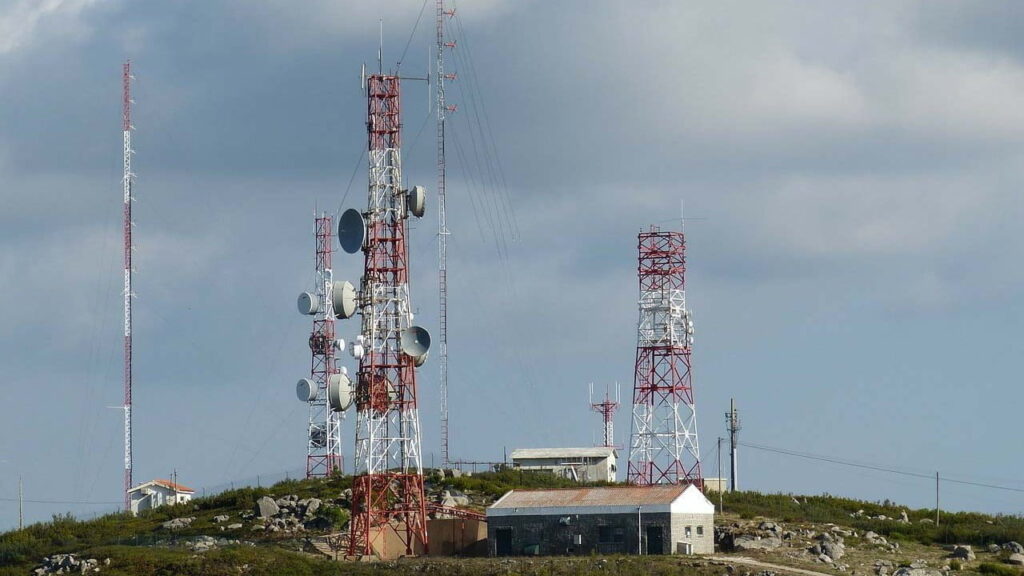The telecom sector is currently sailing through troubled waters and is in need of immediate reforms for nursing it back to health. The government is considering a slew of remedial measures, one of which includes allowing telcos to surrender the spectrum that they are not using, back to the government. The operators would need to pay a small penalty in order to surrender the spectrum but the financial implication of that would be negligible in comparison to the savings on the burden of future installment payouts for that spectrum.
Currently, mobile operators can only trade and share spectrum with other operators but if no other operator is interested in trading or sharing then the telco is stuck with no recourse but to keep paying the installments for that unused spectrum. Spectrum trading is only possible for spectrum purchased in an auction after 2 years of the allocation or for administratively allocated spectrum only after paying the liberalisation fee on a pro-rata basis to the DoT. Spectrum sharing is only possible when both operators hold spectrum in the same band in a circle and for spectrum bought in an auction, sharing is allowed only after 1 year of allocation.
Analysts say that Vodafone Idea which is struggling for survival is not using nearly one-third of its spectrum holding and this provision may help it to reduce its future payout burden. Bankrupt telcos like Rcom and Aircel which are currently in the midst of I&B proceedings may also consider this option if they are not allowed to sell their spectrum assets. This will also ensure optimal use of Spectrum which is a limited natural resource, by allowing the government to put it up for auction rather than keeping it vacant and unused.
Other reforms being considered by the government include redefining adjusted gross revenue (AGR) to exclude non-telecom items, which will lower the payouts by the telcos resulting in long-term savings. DoT is also considering lowering the license fee (LF) for telecom and gradually phasing out the concept of spectrum usage charge (SUC) which was introduced in the era when spectrum was administratively allotted with telecom license, but delinking of the spectrum from license and purchase of spectrum in auction at market discovered rates has left SUC redundant. Lastly, the DoT is considering allowing the telcos to deposit cash with the government in lieu of bank guarantees against the statutory dues, which will free them of the burden of annual interests on the bank guarantees.









Good news. VoId must use this opportunity and give back the extra 10MHz in Band41 in GUJ and MH circles, the Spectrum above 10MHz (or even 5MHz in some) in Band 8 (900MHz band) circles like Haryana, Gujarat, Kerala, MH, UP(W), Mumbai, excess Band 1 (above 10MHz) in circles like UP(E), Rajasthan, MH, Haryana, TN, finally excess of Band 3 (above 20MHz) in Assam, NE, GUJ, WB.
I would expect Vi to surrender entire holding in band 41 pan India and sell the band 40 holding to Airtel. Totally exit TDD and work with just FDD LTE for now. That will lower the number of towers they need as well, so it will save them both spectrum installments as well as tower rentals.
But exiting from TDD is not a good idea, as TDD is good for serving outdoors in urban areas and small towns.
But Vi is using Band 8 for 2g as well as 4g in Kerala. 5MHz for 4G and rest for 2g. They have a very big chunk of 2g users in Kerala, As Airtel is using 1800MHz for 2g. It will be better for them to return or sell band 40 spectrum. But still i can see they are using all bands for 4g. It is not good to sell or return entire spectrum in TDD.
Off topoc::
Is there any way to increase EMF level of site? In my village EMF level of airtel site is 26.25% while on the other nearest village the EMF level of airtel site is 38.60% .